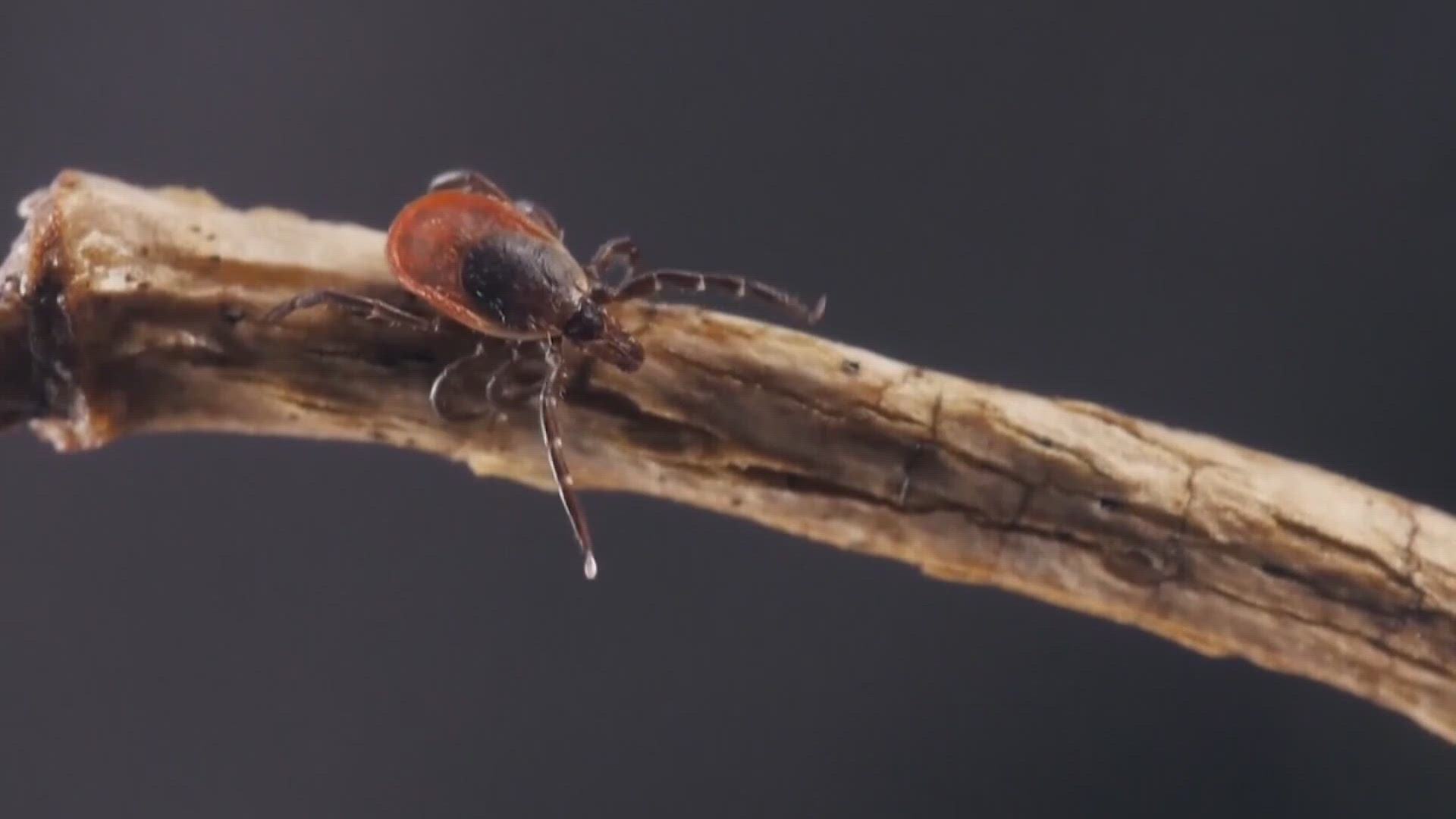PORTLAND, Maine — An adult from Sagadahoc County has died after becoming infected with Powassan, a tickborne virus, the Maine Center for Disease Control and Prevention said Wednesday in a news release.
Robert Weymouth, 58, of Topsham spent more than two weeks at Maine Medical Center before he died Sunday, his wife Annemarie told NEWS CENTER, Maine.
His wife said he was an avid racer across Maine, including the Wiscassett speedway, and he would have turned 59 on Saturday.
Weymouth developed neurologic symptoms and is believed to have been infected in Maine by a deer tick or woodchuck tick, according to the health agency.


The Maine CDC said this was the first confirmed case in the state in 2023, and it marks the third death from the virus in Maine since 2015.
Powassan cases are rare, the agency said, with about 25 reported each year in the U.S. since 2015 and only 15 total cases confirmed in Maine since 2015, and only about 10 percent of persons infected die from the disease.
Maine CDC said people infected with Powassan may not be symptomatic. However, symptoms could include fever, headache, vomiting, weakness, confusion, seizures, or memory loss. Severe neurological symptoms are also possible, including brain or spinal cord inflammation, according to the CDC.
The health agency provided several "Tick Free ME" tips to help people stay tick free:
- Know tick habitat and take precautions in areas where ticks may live.
- Wear light-colored clothing that covers the arms and legs; tuck pants into socks.
- Use an EPA-approved repellent like DEET, picaridin, IR3535, or oil of lemon eucalyptus on skin; use permethrin on clothing.
- Check for ticks daily and after any outdoor activity. Check family members and pets too.
- Ask a veterinarian about tick bite prevention for cats and dogs.
- Remove your clothing when you get home and put it in the dryer before washing. Use high heat for 10-15 minutes to kill any crawling ticks that have not attached to you.
More information about tick bites and prevention is available on the Maine CDC website.

